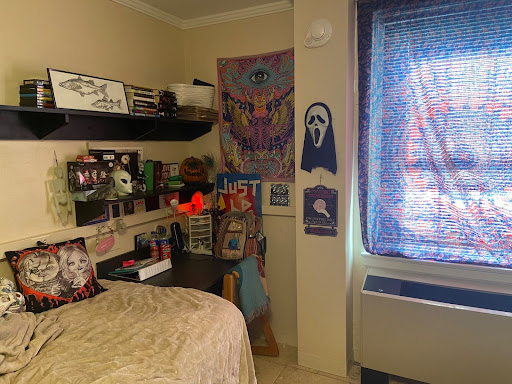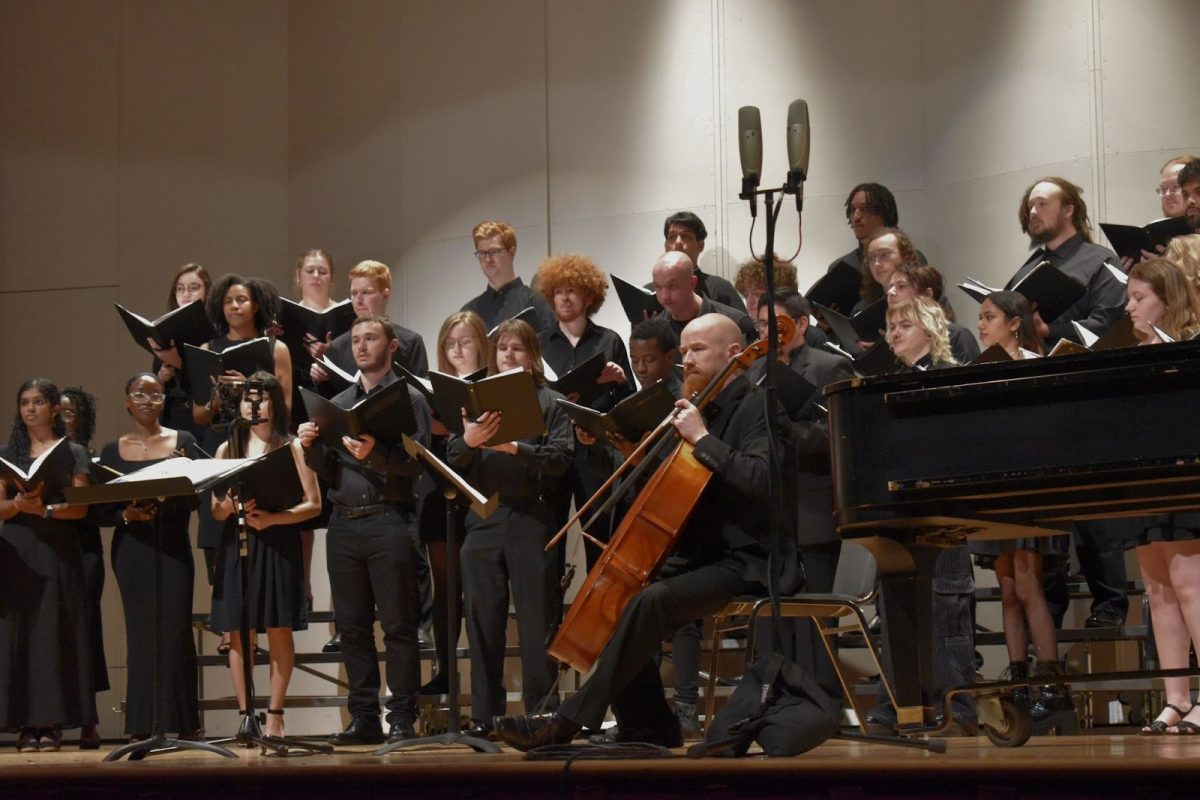A wall of bolded unread emails stares back at you from an LCD screen. You feel like Heracles trying to slay the Hydra. For every email you answer, it seems two more appear in its place. Is it a nightmare? No, it’s an average day in the life of a Guilford College student.
The Guilford College Student Handbook says, “Students, faculty and staff are expected to check their official email address on a frequent and consistent basis in order to stay current with college communications”and suggests checking once a day. In reality, most students must check their email multiple times a day in order to keep up with emails from teachers, administrators, Moodle, class project group members and everyone else.
Yet recent studies indicate that email use and excessive computer/smartphone use may be linked to high stress.
A study done in collaboration between the University of California, Irvine and U.S. Army researchers observed a group of computer-dependent, Army-employed civilians. The experimental group used no email for a five-day period, and the control group used email as usual.
“We found that when you remove email from workers’ lives, they multitask less and experience less stress,” said UCI Informatics Professor and Study Co-author Gloria Mark to UC Irvine Today.
Stress was gauged in part by monitoring subjects’ heart rates. Those without email had significantly more natural, variable heart rates than those with email.
In another study, University of Gothenburg researchers found a link between computer/mobile phone use and stress.
“High quantitative use was a central link between computer use and stress, sleep disturbances and depression,” Sara Thomee, lead author of the study, to the Daily Mail.
There are, of course, benefits to using email in an educational institution. According to the Student Handbook, Guilford’s email use is “motivated by the convenience, speed, cost effectiveness and environmental advantages of using email rather than printed communication.”
“In high school, I took a chance by trying to contact a teacher through email,” said first-year Chris Luder. “Here, I can rely on getting in touch with my professors through email.”
Some Guilford faculty try to find ways of getting around the negative aspects of electronic communication.
“I thought I would try recording my voice to an MP3 file and emailing my audio comments to the students,” said Visiting Instructor of Theatre Studies Marc Williams. “I wasn’t sure what the students would think, but they loved getting feedback this way.”
Guilford students receive the Buzz daily and the Beacon weekly in addition to emails from administrators announcing events, emails from Moodle and emails with announcements from resident and faculty advisors. The list goes on. The quantity of mass emails sent to students can actually prevent them from noticing the important ones.
“I receive a lot of emails from Moodle and whatnot, so sometimes I just ignore emails,” said first-year Rachel Featherstone.
Stress and focus are significant issues for today’s college student.
If email and computer use are causing stress and loss of focus for students, it will be a difficult issue to solve. At Guilford, we rely on these potential stressors everyday. However, the studies being done could lead to solutions in the future. Understanding the problem is the first step toward fixing it.
[photomosaic nggid=101]












